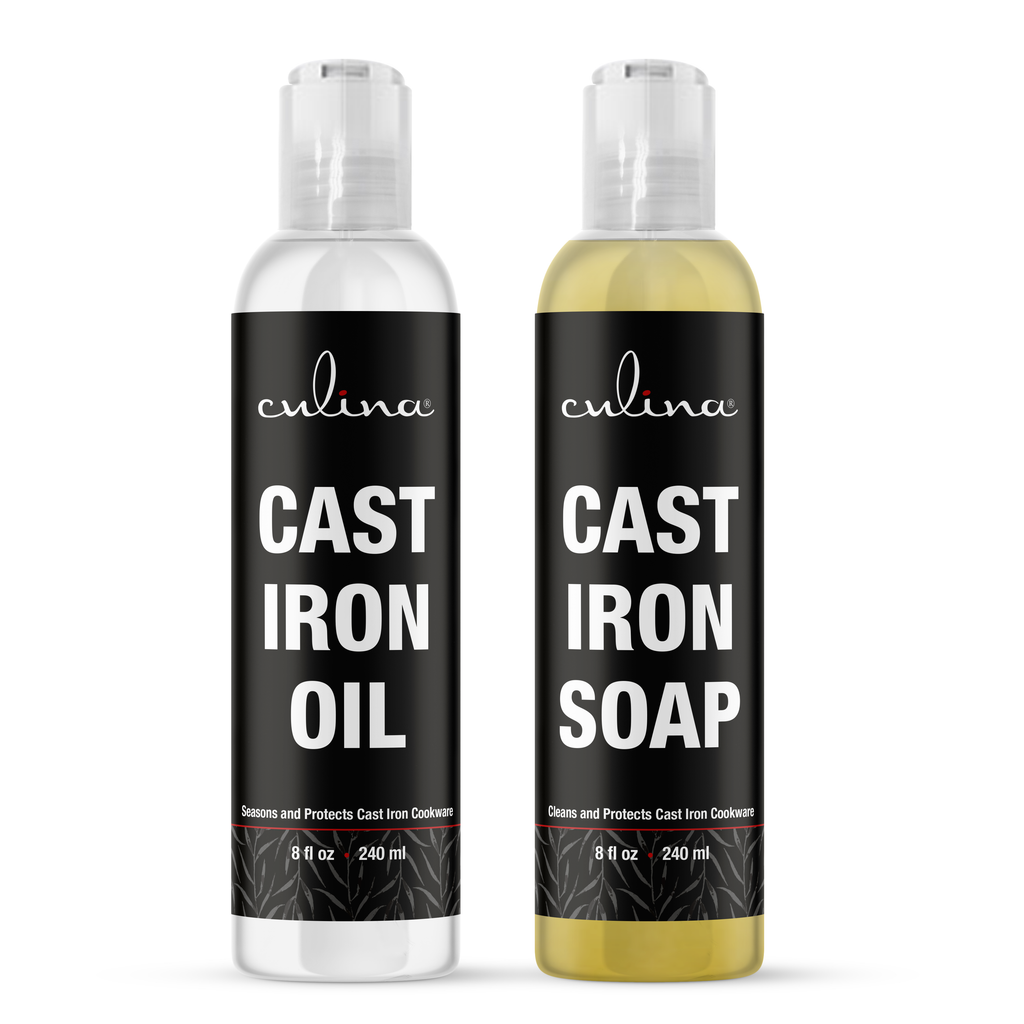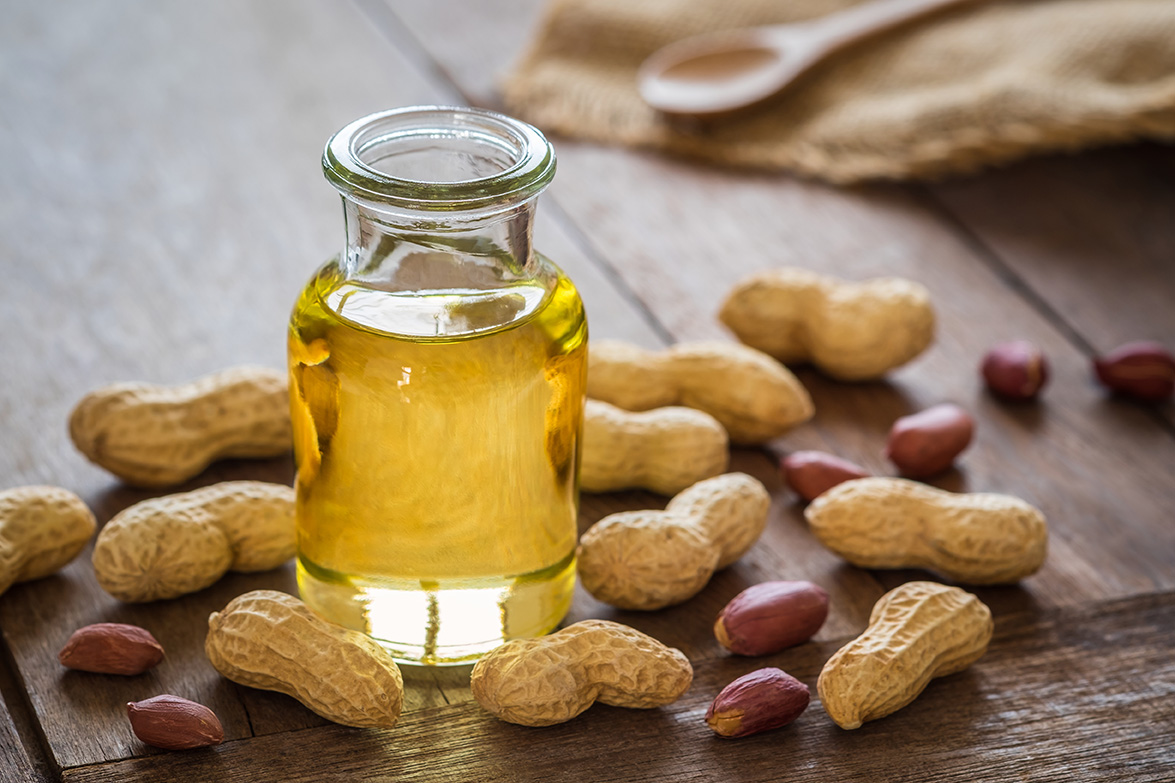How is Peanut Oil Made? Essential Insights for Beauticians
Understanding how is peanut oil made is crucial for beauticians who are exploring natural oils for skincare. Peanut oil, known for its light texture and mild flavor, is derived from peanuts and is used in various culinary and cosmetic applications. This article will delve deep into the production process of peanut oil and its benefits for beauty enthusiasts.
Peanut oil has become popular not only in the kitchen but also in the beauty industry. Its versatility allows it to be incorporated into various beauty products, making it essential for beauticians to understand its production and benefits. In this article, we will explore detailed methods of peanut oil extraction, the impact of its composition on beauty routines, and practical applications in beautician's practices.

Understanding the Peanut Oil Extraction Process
The process of how is peanut oil made involves several steps, ranging from harvesting peanuts to oil extraction. Each step plays a crucial role in determining the quality of the final product. Let's break down the process:
1. Harvesting the Peanuts
The first step in peanut oil production is harvesting the peanuts. Peanuts are usually grown in warm climates and are harvested in the fall. Farmers dig them from the soil once they are mature. This is a crucial step because the quality of the peanuts directly affects the quality of the oil produced.
2. Cleaning and Preparing Peanuts
After harvesting, the peanuts are cleaned to remove dirt, debris, and any foreign materials. This cleaning process ensures that only pure peanuts are used for oil extraction, affecting the oil's purity and taste.
3. Shelling the Peanuts
Next, the cleaned peanuts are shelled. This involves removing the outer shell of the peanuts, which is done mechanically. The shelled peanuts are the raw material for the extraction process. At this stage, quality is maintained to ensure that only high-grade peanuts are used.
4. Oil Extraction Methods
There are two main methods used for extracting peanut oil: cold pressing and solvent extraction. Each method has its pros and cons.
- Cold Pressing: This method involves mechanically pressing the peanuts without the application of heat. It preserves the natural flavor and nutritional properties of the oil but generally yields less oil compared to solvent extraction.
- Solvent Extraction: In this method, chemicals like hexane are used to extract oil from the peanuts. This technique typically results in higher yields but may introduce trace chemicals into the oil.
5. Refining the Oil
After extraction, peanut oil often undergoes refining to improve its quality and shelf life. The refining process may include:
- Degumming: Removal of phospholipids and impurities
- Neutralization: Elimination of free fatty acids
- Bleaching: Removal of color pigments
- Deodorization: Elimination of undesirable odors
This refined peanut oil is then packaged and ready for culinary or cosmetic use.

Benefits of Peanut Oil in Beauty Treatments
For beauticians, knowing how is peanut oil made helps in recognizing its potential benefits. Here are some notable advantages:
- Moisturizing Properties: Peanut oil is a light oil that absorbs easily into the skin, making it ideal for moisturizing creams and lotions.
- Rich in Nutrients: It contains vitamins E and K, which are known for their skin benefits.
- Anti-inflammatory Effects: The oil has anti-inflammatory properties, making it suitable for sensitive skin and conditions like eczema.
- Suitable for All Skin Types: Its gentle composition makes it an excellent choice for all skin types.
Peanut Oil for Hair Care
In addition to skincare, peanut oil offers significant hair care benefits:
- Strengthens Hair: It helps to strengthen hair strands and prevent breakage.
- Adds Shine: Regular application can enhance the shine and overall appearance of hair.
- Soothes Scalp: Its anti-inflammatory properties can soothe and nourish the scalp.

Practical Applications for Beauticians
Beauticians can incorporate peanut oil into various treatments and products:
- Massage Oils: It can be blended with essential oils for therapeutic massage sessions.
- Natural Skin Care Products: Peanut oil can serve as a base oil for homemade cosmetics.
- Hair Treatments: It can be used in hair masks for nourishing and conditioning hair.

Related Natural Oils and Their Benefits
Beyond peanut oil, beauticians may also consider other natural oils for their benefits:
- Corn Oil Benefits
- Corn Oil Uses
- Corn Oil Disposal
- Peanut Oil Shelf Life
- Peanut Oil Quantity
- Kitchen Cleaning Tips
Frequently Asked Questions
What is the best method for extracting peanut oil?
The best method for extracting peanut oil depends on your needs. Cold pressing retains more nutrients, while solvent extraction yields more oil.
Can peanut oil be used on all skin types?
Yes, peanut oil is gentle and suitable for all skin types, including sensitive skin.
How long does peanut oil last?
When stored properly, peanut oil can last up to a year. Always check for signs of rancidity before use.
As an Amazon Associate, I earn from qualifying purchases.

